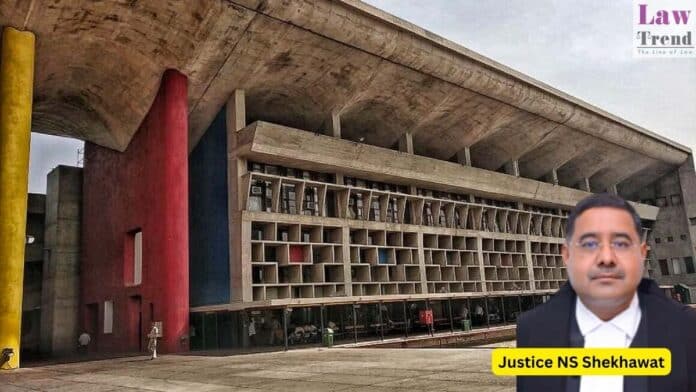In a landmark ruling, the Punjab and Haryana High Court has quashed FIR No. 0064 dated February 24, 2021, lodged under Section 174-A of the Indian Penal Code (IPC) against Jarnail Singh Bajwa. The court deemed the continuation of these proceedings, following an out-of-court settlement in the original cheque bounce case, to be an “abuse
To Read More Please Subscribe to VIP Membership for Unlimited Access to All the Articles, Download Available Copies of Judgments/Order, Acess to Central/State Bare Acts, Advertisement Free Content, Access to More than 4000 Legal Drafts( Readymade Editable Formats of Suits, Petitions, Writs, Legal Notices, Divorce Petitions, 138 Notices, Bail Applications etc.) in Hindi and English.




